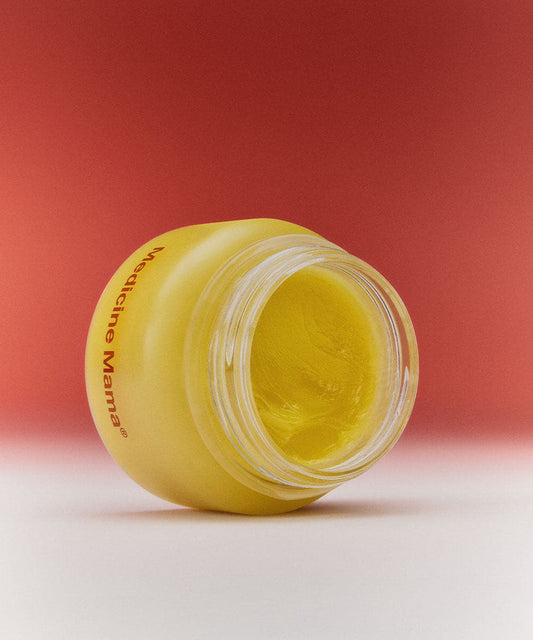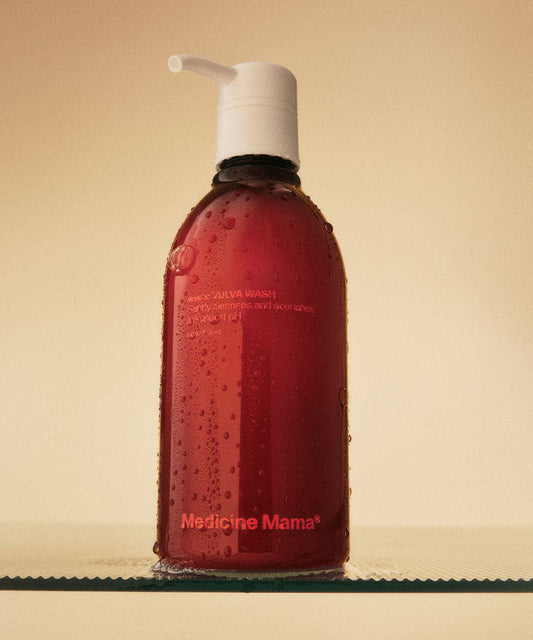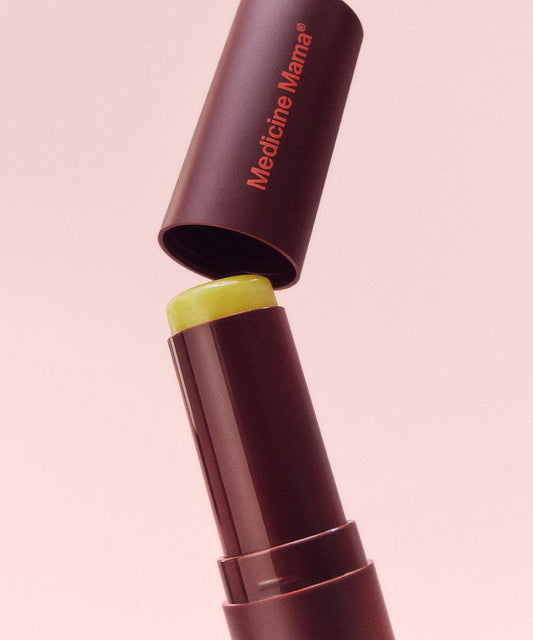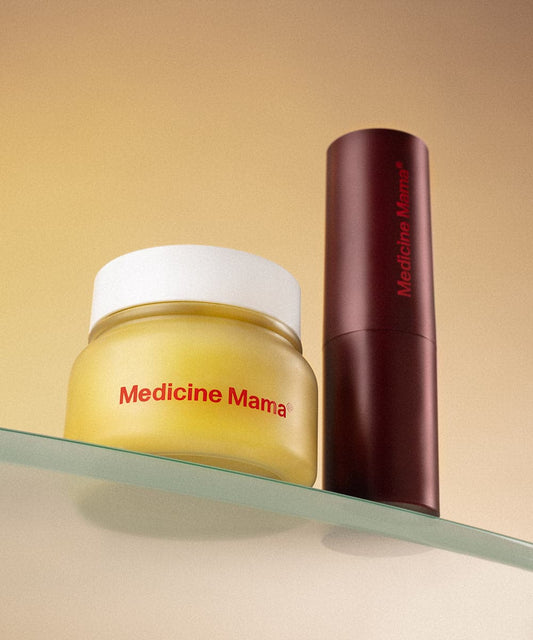Decreased sex drive is a common concern for many women going through menopause. As hormone levels fluctuate, particularly estrogen and testosterone, various aspects of health, including sexual desire, are impacted. Menopause symptoms can make maintaining a healthy sex life challenging.
Together, we'll look at lifestyle changes, hormone replacement therapy, and other strategies that can help you maintain and enhance your sex life after menopause. After all, it’s often an important part of your identity — not to mention your relationship.
And if it’s important to you, it’s important to us. So let’s talk about it.
How Does Menopause Impact Your Sex Drive?
Menopause brings about significant hormonal changes, particularly in estrogen and testosterone levels, which play a crucial role in sexual desire. As these hormone levels drop, you might notice a lower sex drive and changes in your sexual arousal patterns.
Physical symptoms such as vaginal dryness, hot flashes, night sweats, and atrophy of vaginal tissues can contribute to discomfort and lower sex drive. Vaginal lubrication often decreases, making sexual activity more challenging and sometimes painful.
There are even emotional factors like mood swings, anxiety, and stress, which can further impact sexual interest and overall well-being. These changes can lead to sexual problems such as decreased desire, difficulty achieving orgasm, and general dissatisfaction with sex life.
Understanding these physical and emotional changes and their effects on women's health is the first step toward addressing sexual problems during midlife. By acknowledging these challenges, we can explore ways to manage and mitigate them to make sure that, no matter what’s going on with your estrogen levels, your sex life doesn’t have to suffer.
1. Maintain Open Communication With Your Partner
Open and honest communication with your partner about your needs and concerns is vital for maintaining a healthy sex life during menopause. Discussing changes in sexual function and finding new ways to enjoy sexual activity can help alleviate anxiety and improve intimacy.
It's essential to talk about how menopause symptoms, such as vaginal dryness and decreased vaginal lubrication, affect your sexual desire and comfort. By sharing these experiences, you can work together to find solutions that enhance your sexual satisfaction.
The act of communicating can foster intimacy with your partner and even open up new avenues to explore in the bedroom that you might not have considered otherwise. New forms of foreplay, incorporating vibrators or other sex toys, and an overall focus on what feels good for both of you during this big change in your life and body can do more than improve your sex life.
It can bring you closer to your partner, making your relationship stronger and more resilient — not to mention making your sex life more exciting.
2. Stay Physically Active
Regular exercise can support your mood, energy levels, and overall well-being, all of which contribute to a healthier sex drive. Engaging in activities like yoga, strength training, and aerobic exercises can have a profound impact on sexual health. These exercises increase blood flow throughout the body, including to the clitoris, which enhances sexual arousal and responsiveness.
Maintaining a healthy lifestyle that incorporates physical activity can also help combat weight gain, a common issue during menopause that can negatively affect body image and self-esteem. Improved body image and increased fitness levels often lead to greater sexual interest and satisfaction.
Regular exercise also releases endorphins, which are natural mood lifters, helping to reduce stress, anxiety, and depression — factors that can diminish sexual desire at any phase of life. By staying physically active, you improve your physical health and enhance your mental and emotional well-being, which are essential components of a fulfilling sex life during menopause and beyond.
3. Consider Hormone Replacement Therapy (HRT)
Hormone Replacement Therapy can help balance hormone levels (estrogen and testosterone), which are essential for maintaining a healthy sex drive. However, it is essential to collaborate with a healthcare provider when considering this option.
During menopause, the decline in these hormone levels can lead to symptoms like vaginal dryness, hot flashes, and night sweats, which can negatively impact sexual function. A professional can help you understand the benefits and potential side effects, ensuring you make an informed decision about your treatment.
HRT may help soothe many menopause symptoms, improving vaginal lubrication and elasticity, which can make sexual activity more comfortable and enjoyable. Moreover, balancing hormone levels through HRT can enhance overall well-being and energy levels for some, contributing to a more active and satisfying sex life.
4. Use Vaginal Moisturizers and Lubricants
Vaginal dryness is a common issue that can make sexual activity uncomfortable or even painful, affecting your overall sex drive and satisfaction. Using moisturizers and lubricants can soothe dryness and support sexual pleasure. Our XYZ lubricant can help during sexual intercourse but can also offer lasting moisture anytime.
Our VMAGIC® Vulva Balm is an excellent choice for this purpose. This organic, hormone-free vulva moisturizer calms dryness and irritation caused by menopause, perimenopause, postpartum, sexual activity, and grooming. Made with organic ingredients like extra virgin olive oil, avocado oil, and sea buckthorn oil, it supports vaginal lubrication and skin elasticity.
Use it daily for hydration or whenever you need relief from dryness or discomfort. Clinical trials have shown impressive results, with 100% of participants reporting zero irritation, 92% seeing a reduction in dryness after consistent use, and 79% experiencing immediate soothing relief.
5. Prioritize Self-Care and Stress Reduction
Stress can significantly impact sexual desire, making it essential to incorporate self-care practices into your routine. Meditation, mindfulness, and regular relaxation practices can reduce stress and improve mental health. When you prioritize self-care, you enhance overall well-being, which can positively affect your sex drive.
Activities like yoga and deep-breathing exercises help balance hormone levels, particularly estrogen and testosterone, which play crucial roles in sexual function. Additionally, taking time for yourself to engage in hobbies or simply relax can reduce the physical and emotional toll of menopause symptoms like hot flashes and night sweats.
Engaging in these practices can improve blood flow and vaginal lubrication, making sexual activity more comfortable and enjoyable. By reducing stress, you also alleviate potential sexual dysfunction issues, such as painful sex or lack of sexual arousal, that can arise from high anxiety levels.
Prioritizing self-care isn't just about mental health but creating a holistic approach to well-being that supports a healthier sex life.
6. Boost Your Confidence
Feeling confident and sexy can increase sexual interest. Finding ways to make yourself feel attractive, such as using grooming products and self-care routines, can boost your confidence. Our VMAGIC® Grooming Polish, for instance, is a finely milled sugar scrub perfect for prepping skin for grooming and preventing ingrown hairs.
You can keep your skin smooth and bump-free by combining it with water and gently massaging it onto areas where you shave or wax. This product, enriched with essential fatty acids from cold-pressed olive and borage seed oils, micro sugars, and rosehip oil, replenishes dry skin and enhances your grooming routine.
Do you prefer a manicured rather than bare look? Are you tired of your lackluster drugstore razor leaving you with razor bumps that exacerbate the hormonal changes that are wreaking havoc on your interest in sex? Our VMAGIC® Dual-Head Bikini + Body Trimmer offers a cordless, water-resistant solution for trimming long hair and efficiently removing short hair, reducing the risk of razor burn.
This trimmer, with its quiet and rechargeable features, ensures a smoother, irritation-free grooming experience. Feeling groomed and polished can significantly improve body image and sexual desire, making you more eager to engage in sexual activity.
Confidence in your appearance translates to greater sexual satisfaction and overall well-being, enhancing your sex life during menopause.
7. Rediscover Masturbation
Masturbation can be a powerful tool for improving sex drive for postmenopausal women. This practice helps increase blood flow to the clitoris and vaginal tissues, which can enhance sexual arousal and lubrication.
Regular masturbation also allows you to explore your body and understand what stimulates you, fostering a deeper connection with your sexual desires. By engaging in self-pleasure, you can mitigate some of the physical changes that occur during menopause, such as vaginal atrophy and dryness, which can make sexual activity more comfortable and enjoyable.
Like exercise, masturbation can reduce stress and release endorphins, contributing to better mental health and overall well-being. Using vibrators or other sex toys can further enhance the experience, providing varied stimulation and helping you maintain elasticity and sensitivity in the vaginal tissues.
Incorporating masturbation into your routine can lead to a more fulfilling sex life, boosting confidence and sexual satisfaction during and after menopause.
Rediscovering Yourself After Menopause
Menopause can bring challenges to your sex life, but with the right strategies, you can maintain and even enhance your sexual drive. From staying physically active and maintaining a healthy diet to using vaginal moisturizers and communicating openly with your partner, there are many ways to support your sexual health during this stage of life.
By prioritizing your well-being and embracing these lifestyle changes, you can enjoy a fulfilling sex life during and after menopause.
Sources:
Management of Libido Problems in Menopause | National Library of Medicine
Menopause and Sexuality | Office on Women’s Health
Hormone Replacement Therapy | National Library of Medicine
Give Yourself a Hand: The Health Benefits of Masturbation | Queensland Health



